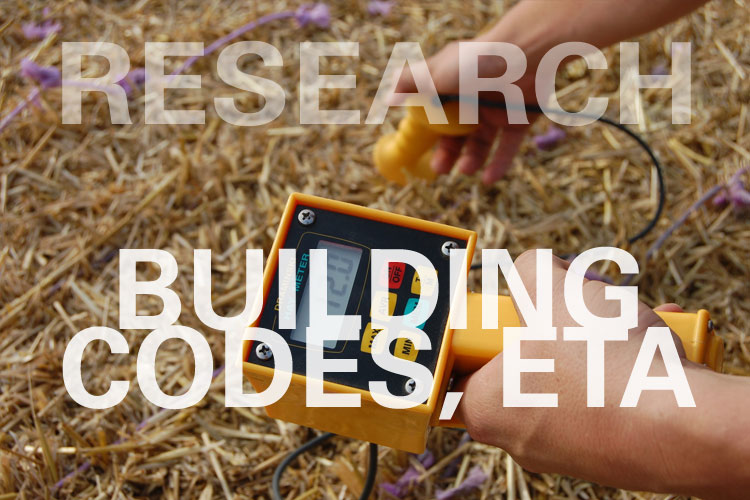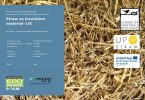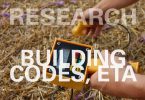This study explores building code negotiation between straw bale advocates’ ecology-oriented values and health and safety values that underlie building codes in general by focusing on how values and ethics are articulated and embodied in practice and discourse in the two states where straw bale building standards were first initiated. The local, contingent nature of interactions, grounded in particular practices, material culture, and written and visual texts in which values were embedded, coupled with organizational factors contributed to strategies for a prescriptive code in Arizona and for a performance code in New Mexico. Examination of situated practice in standards development for unconventional materials that may not fit well with practices based on conventional technologies sheds light on how norms associated with the ethics of safe building are enmeshed in existing practice where they can be taken for granted as ethical absolutes and illustrates the kinds of insights available through paying attention to ethics in practice.
Author: Kathryn Henderson



